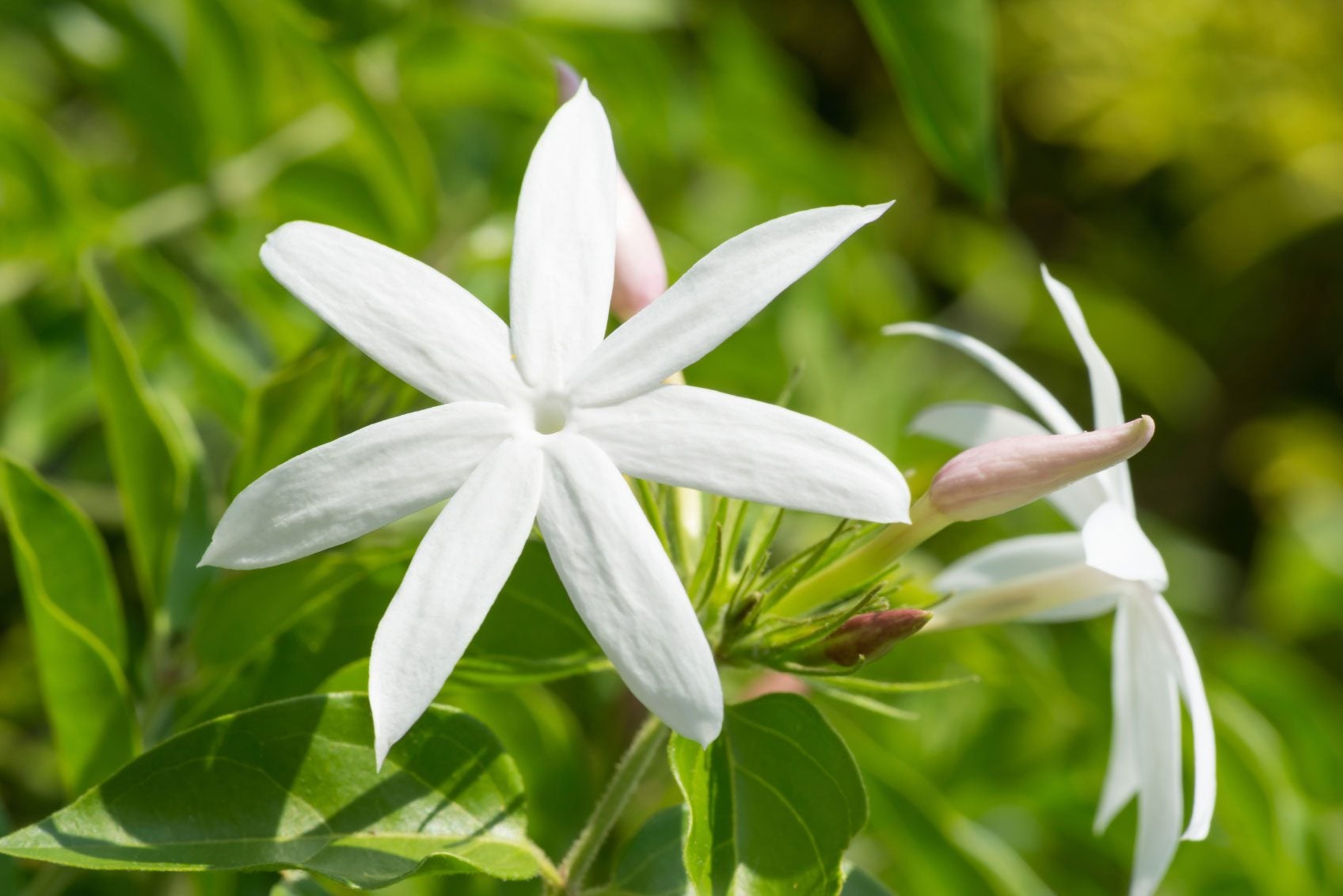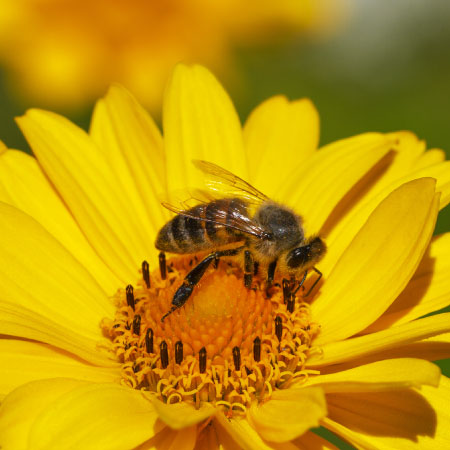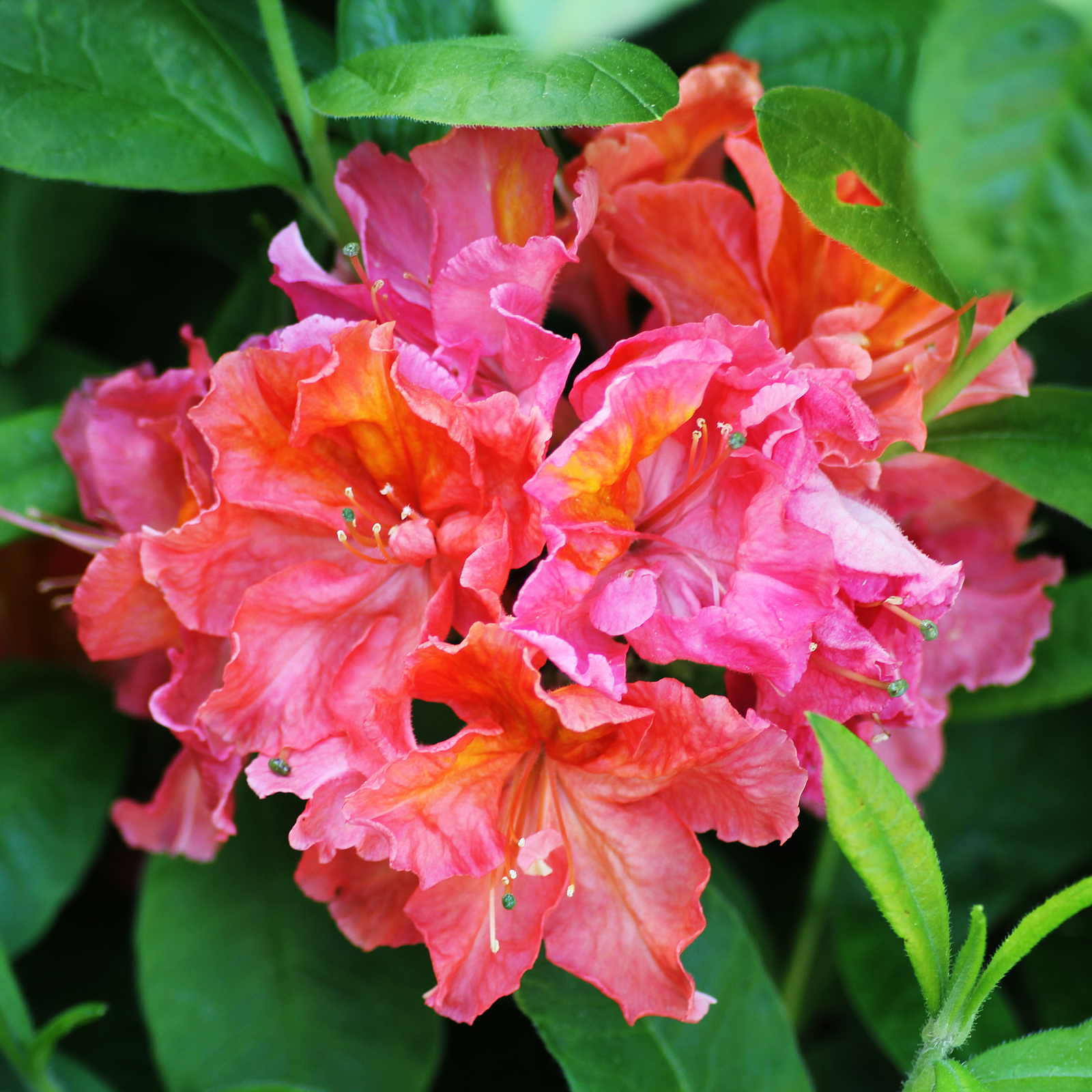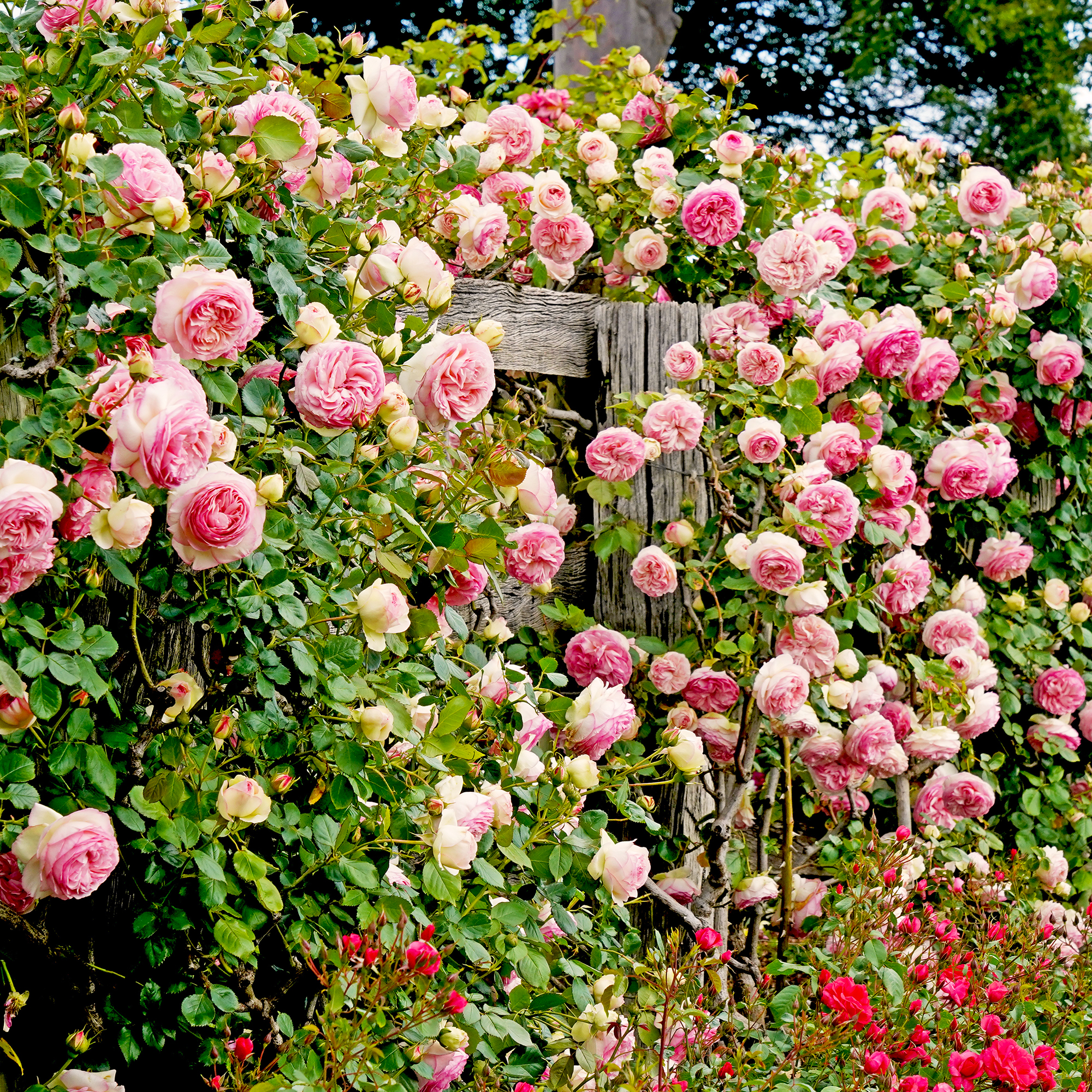Jasmine Plant Types: Common Varieties Of Jasmine Plants


Thoughts of jasmine call to mind summer evenings scented with a heady, floral fragrance that seems to hang in the air. While some varieties of jasmine plants are among the most fragrant plants you can grow, not all are scented. Read on to find out about the different jasmine varieties and their characteristics.
Jasmine Plant Types
Below are some of the most common jasmine vines grown in the landscape or in the home:
- Common jasmine (Jasminum officinale), sometimes called poet's jasmine, is one of the most fragrant types of jasmine. The intensely fragrant flowers bloom throughout the summer and into the fall. Expect the plant to grow 12 to 24 inches (30.5-61 cm.) each year, eventually reaching a height of 10 to 15 feet (3-4.5 m.). Common jasmine is perfect for archways and entryways. They need frequent pinching and pruning to keep them bushy but in control.
- Showy jasmine (J. floridum) seems misnamed because the little 1-inch (2.5 cm.) flowers that bloom in spring aren't very showy at all. It is grown primarily for its foliage, which does a good job of covering a trellis or arbor.
- Spanish jasmine (J. grandiflorum), also known as royal or Catalonian jasmine, has fragrant, white flowers that are about 1 1/2 inches (4 cm.) apart. The vine is evergreen in frost-free areas but semi-evergreen and deciduous in cooler areas. This is one of the most cultivated types of jasmine.
The most common types of jasmine are vines, but there are some varieties that you can grow as shrubs or ground covers.
- Arabian jasmine (J. sambac) is an evergreen shrub with intensely fragrant flowers. It grows 5 to 6 feet (1.5-2 m.) tall. This is the type of jasmine used for tea.
- Italian jasmine (J. humile) can be grown as a vine or a shrub. When not attached to a trellis, it forms a dense, mounded shape as much as 10 feet (3 m.) wide. The plant also tolerates pruning into a shrub.
- Winter jasmine (J. nudiflorum) is a shrub that grows 4 feet (1 m.) wide and 7 feet (2 m.) tall. The yellow flowers on this deciduous shrub aren't fragrant, but it has the advantage of blooming in late winter, providing early season color. Winter jasmine gives good erosion protection on banks. If left to its own devices, it takes root wherever the branches touch the ground.
- Primrose jasmine (J. mesnyi) is seldom grown in the United States. This shrub produces yellow flowers that are larger than most varieties—as much as 2 inches (5 cm.) in diameter.
- Asian Star jasmine (Trachelospermum asiaticum) is usually grown as a tough ground cover. It has small, pale-yellow flowers and large, dense leaves.
Gardening tips, videos, info and more delivered right to your inbox!
Sign up for the Gardening Know How newsletter today and receive a free copy of our e-book "How to Grow Delicious Tomatoes".

Jackie Carroll has written over 500 articles for Gardening Know How on a wide range of topics.
-
 8 Noteworthy Native Azaleas Every Gardener Should Know – And Grow!
8 Noteworthy Native Azaleas Every Gardener Should Know – And Grow!Native azaleas offer brilliant blooms in a range of colors and sizes. Here are a few favorites to get inspired and start working on a native shade garden!
-
 Growing Climbing Roses: How To Create Elegant Displays With Maximum Blooms
Growing Climbing Roses: How To Create Elegant Displays With Maximum BloomsMaster the art of growing stunning climbing roses with this essential guide to creating vibrant, fragrant walls and structures all summer long.